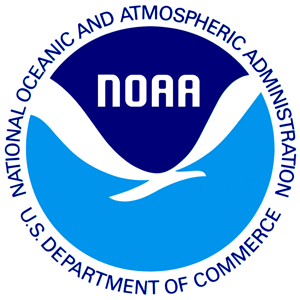Little Port Walter Research Station
NOAA’s Little Port Walter Research Station (LPW) was established in 1934 and is the oldest year-round biological field station in Alaska. LPW is located on the southeastern side of Baranof Island, approximately 115 miles south of Juneau, Alaska, in a pristine and biologically strategic location on U.S. Forest Service land in the Tongass National Forest. Over the last 90 years, LPW has served scientists studying the ecology and evolution of Pacific salmonids, the effects of hatchery practices on genetic and life history diversity of salmon, rockfish behavior, coral growth rates, age and growth studies of groundfish, and the ecology of other marine organisms. This research has also included numerous government and stakeholder collaborators, university professors and graduate students, and interns from across the United States. Activities at LPW have contributed to several hundred publications, reports, and documents that improve our scientific understanding of marine resources important to Alaska and the nation. LPW’s Chinook salmon research also contributes to salmon management under the Pacific Salmon Treaty, specifically for stock assessment and the estimation of harvest rates for Southeast Alaska Chinook populations.
Scientists at LPW are currently engaged in research that improves our understanding of sustainable aquaculture (salmon, oysters, kelp), salmon ecology and evolution, and transportation and bioaccumulation of chemicals in commercial fish stocks. LPW is also contributing to the development of transformative approaches to rapidly assess critical life history stages and energetic responses of marine fishes to climate change.
